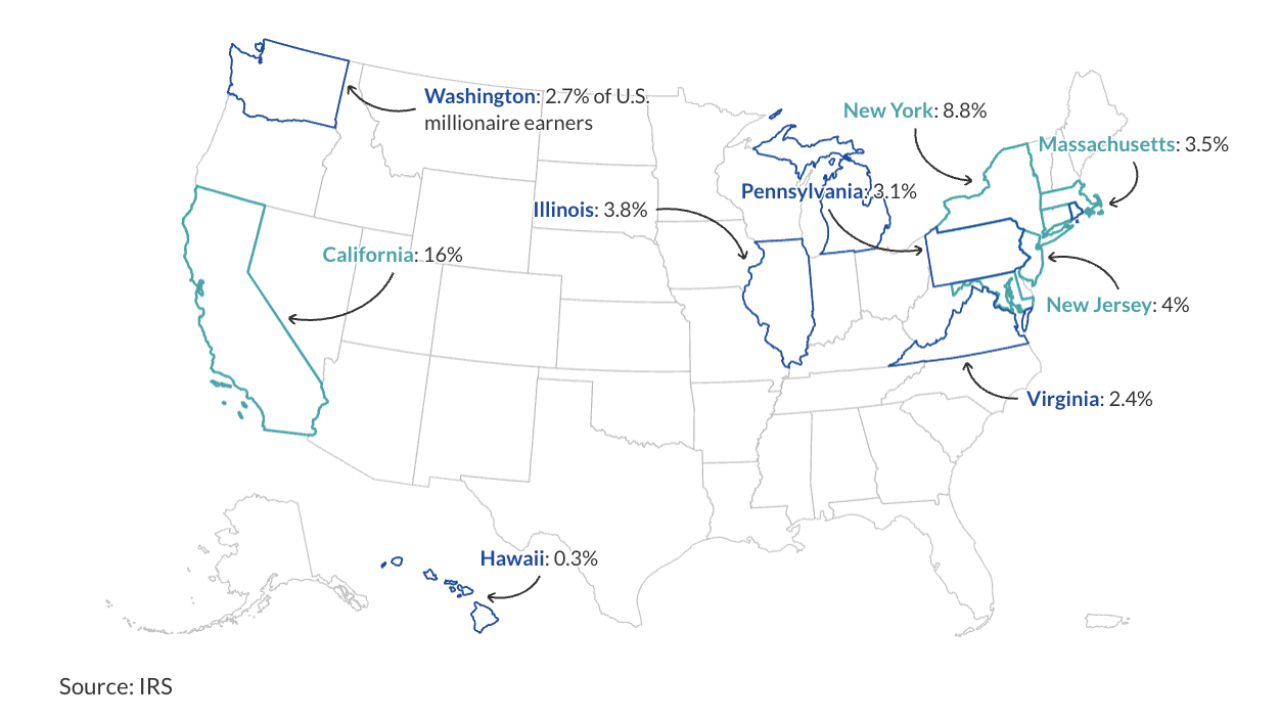The increasingly politicized words "diversity, equity and inclusion" are growing more important to investors and testing how their portfolios align to their principles and overall strategy.
President Donald Trump's executive
"I believe that those companies have a fiduciary, legal and moral obligation to shareholders, and I believe that those policies were getting in the way of shareholder value," said David Bahnsen, the founder, managing partner and chief investment officer of Newport Beach, California-based advisory firm
READ MORE:
Many have questioned the sincerity of companies that made
"I wouldn't consider the work that I'm doing as DEI work," said Keith Beverly, managing partner and chief investment officer of Washington, D.C.-based
Rejecting 'equity' and competing in the global economy
But the opponents of DEI are trying
Companies like Walmart, Boeing, Toyota, Nissan, Lowe's, John Deere, Caterpillar and Harley-Davidson have
"The horror of it is that it sounds so similar to 'equality,' that people get tricked into believing that they should accept equity," Starbuck told the Journal. "But equity in fact is something that seeks to strip excellence and really everything that makes you special and individual away from you."
READ MORE:
Those opponents of DEI attacking companies' efforts to alter their practices may be missing the larger perspective that comes from collecting people of many different backgrounds and views together, according to Rosalyn Brown, founder of consulting firm
"There isn't a company out there that keeps their product aligned with just one demographic," she said. "You can't be successful unless you understand that there are people who aren't like you, who don't have your shared lived experiences and that's OK."
The upcoming shareholder proxy season will shed light on "how much of the announcements that we're seeing from companies are tangible and have teeth and how much is positioning so they won't be targets," Beverly said. Firms must take factors like regulatory risk and litigation expenses into account.
"It'll take some time to see how that plays out," he said. "You have to be mindful of the political environment, especially if it means real costs to your firm."
What's in the crosshairs and what's at stake
Companies that are rolling back DEI are simply examples of how "corporate America is reading the tea leaves," according to Bahnsen. DEI opponents seek to eliminate practices such as quotas and programs like the World Federation of Advertisers'
"All we're asking for is an even playing field, out of the spirit of liberalism and open-mindedness," Bahnsen said. He "would be offended if anyone believed" that DEI opponents are effectively arguing, "'You guys discriminated against us, we want the right to discriminate against you,'" he added. "I'm looking for nondiscrimination across the board."
Bahnsen and other signers of the November letter to large corporations came together in a coalition led by a legal advocacy group "committed to protecting religious freedom, free speech, parental rights, and the sanctity of life" called the
"You stand at an important crossroads. Either you can heed the voice of the American people — your shareholders, customers, and employees — or you can bow to fringe activists who demand that you double down on a failing ideology," the alliance's letter said. "You can capitalize on this moment by publicly distancing yourself from divisive DEI initiatives and programs, like many of the companies listed above. You should also take proactive steps to show that you are protecting fundamental freedoms for your workforce, customers and fellow citizens. A culture of free speech and religious freedom is essential for any business to thrive."
READ MORE:
If firms in wealth management or the related financial fields embrace the anti-DEI movement too much, though, they risk turning away prospective advisors that the industry needs to address its succession challenge and driving consumers toward "nontraditional money coaches" that are predominating online, according to Brown.
"DEI does not take anything away from anyone," she said. "There's so much more value in understanding everyone, as opposed to just counting people who are in the office."





